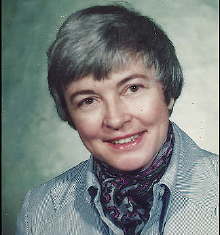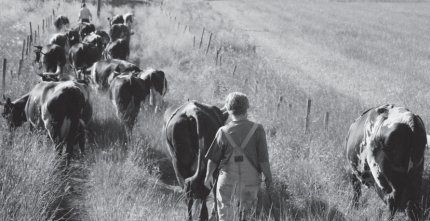“It has sometimes been difficult persuading the girls to do interviews about love and sex with a white, foreign male researcher”, anthropologist Bjarke Oxlund says in an interview with OhMyNews. Oxlund traveled to South Africa in 2006 and 2007 to conduct research among students at the University of Limpopo.
South Africa has the highest number of people living with AIDS in the world, and therefore issues of gender equality and sexuality have been according to Oxlund propelled to the forefront of South African politics. Many have pointed to men as the driving force and explained this with reference to male dominance and female vulnerability. But is this correct?
The anthropologist shared some of his insights at a recent presentation in Pretoria:
- Combined female and male agency (rather than male agency and female passivity)
- Reciprocity of love and sex and the material and the immaterial (rather than ’transactional’ sex or prostitution)
- Particularity of the concept of personhood in a resource poor setting rather than a particular (South) African sexuality
He said that we need to move away from the concept of transactional sex (or prostitution). His research showed that it’s wrong to juxtapose transactional sex / prositution with a normative notion of pure love which is supposed to be free from socio-economic interests or lust and desire:
(I)n many students’ lives it is the other way around – values of romance and finance are deeply intertwined. Young people navigate a social terrain of love, sex and materialism where exchanges are used to signal who you are. These exchanges take centre stage in processes of becoming, which can be summarised as the attempt to be the person you want to be and being recognised as such by others.
There are very few studies on love in Africa and lots of them are somehow problematic. For example, public health studies tend to look at sex in Africa as instrumental and loveless and anthropology always interpreted relationships as a mechanical exchange of women between kinship groups.
In another paper he writes:
I would like to argue that there are important social meanings of relationship dynamics that some of the more public health oriented studies have not grasped, and that in research and program interventions issues of female agency have been downplayed when it comes to love, sex and relationships.
He also notes that, overall, little attention has been given to notions of love or affection in academia, “while in the social reality of Limpopo informants spend huge proportions of their time living out and discussing love and how it relates to sex and relationships” (well, not only there, we could add…).
There is one more paper by him: Bjarke Oxlund: Masculinities in student politics: Gendered discourses of struggle and liberation at University of Limpopo, South Africa (Microsoft Word Document)
SEE ALSO:
Sexual anthropologist explains how technology changes dating, love and relationships
Anthropologist Priscilla Reining Broke Ground on AIDS
Male circumcision prevents AIDS?
“There’s no AIDS here because men and women are equal”
AIDS:”Traditional healers are an untapped resource of great potential”
The emerging research field of medical ethnomusicology: How music fights AIDS
Cultural values and the spreading of AIDS in Africa
AIDS and Anthropology – Papers by the AIDS and Anthropology Working Group
Taking as many lovers she pleases: Where women rule the world and don’t marry
"It has sometimes been difficult persuading the girls to do interviews about love and sex with a white, foreign male researcher", anthropologist Bjarke Oxlund says in an interview with OhMyNews. Oxlund traveled to South Africa in 2006 and 2007 to…


 Anthropologist Reining died July 19 at the age of 84. “Anthropologist Broke Ground on AIDS, Satellite Mapping”,
Anthropologist Reining died July 19 at the age of 84. “Anthropologist Broke Ground on AIDS, Satellite Mapping”, 